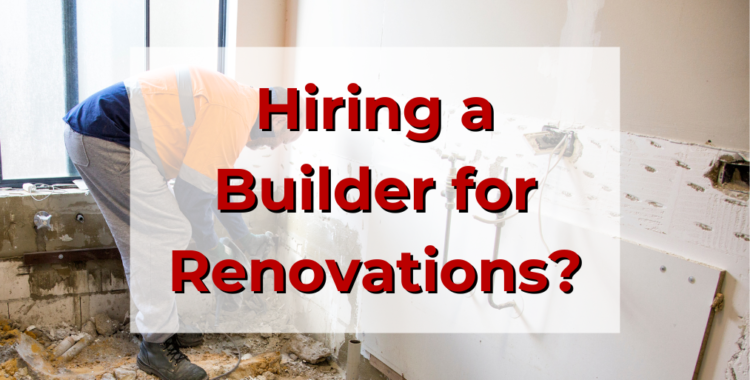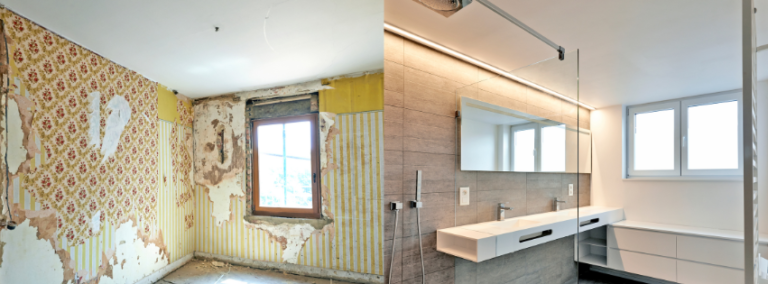Hiring a Builder to Renovate Your Spanish Home?
What to Consider Before Hiring a Builder to Renovate Your Spanish Home
Finding reliable builders for your Spanish property renovation can be challenging due to paperwork, language barriers, and other critical factors.
So, you’ve purchased your dream home in Spain and made the move. Often, the best deals are found inland or in the countryside, offering plenty of space but often needing some work.
Assuming you won’t do the renovations yourself, whether minor updates or a complete overhaul, you’ll likely need a builder.
Now, you need to find a trustworthy builder to work on your new home.
Important Vocabulary
First, understanding key vocabulary will aid in your search, depending on your needs.
In Spanish, the term for a builder is “el albañil,” which also means bricklayer in specific contexts.
For a full renovation, you might also need an architect (arquitecto), carpenter (carpintero), electrician (electricista), plumber (fontanero), and possibly a surveyor to oversee the process (typically called “el inspector” in Spanish).
Finding a Good Builder
Do your research. Whether online or through word of mouth (boca a boca in Spanish), ensure someone, either a friend or an online review, can vouch for their services.
Ideally, see some evidence of their work. Many self-employed builders and construction firms have social media or websites showcasing their skills. Remember, online representations may not always be accurate.
Experience is crucial. Determine how long they’ve been in the trade. Are they a generalist or a specialist? Will additional workers be needed?
Through a Company
This may be the simplest option, depending on your location. Spain has many renovation and building companies with teams of different tradespeople who can handle your house renovation.
Sometimes, these companies act as subcontractors, arranging tradesmen for you.
Self-Employed Tradesmen
Alternatively, hire a self-employed builder or tradesman who, for a full renovation, may need to arrange various tradesmen (bricklayers, electricians, plumbers, carpenters, plasterers, etc.).
Many self-employed builders have their own firms, which can often be cheaper as there are no intermediaries involved.

Get Various Quotes
To decide on a builder or company, you need an idea of their charges. Prospective clients usually contact a builder for a quote (presupuesto in Spanish) detailing the job’s cost and duration.
Compare different quotes to understand the market rate. This is particularly important for foreigners, as some builders might exploit the language barrier to overcharge.
Before signing contracts or making payments, get a detailed quote breakdown.
Quotes should include:
- Detailed descriptions of each job
- Measurements to check completed work
- Itemized prices for clarity on costs
- VAT (IVA in Spanish), which can be substantial for full renovations.
How Will You Pay Them?
After choosing a builder, decide on the payment method.
Piecework (Output Pay)
Piecework or output-based pay involves payment based on work progress. Before starting, both parties agree on a total price, with payments made according to job progress.
Weekly Payment
Weekly pay (pago semanal) sets a fixed amount per week. Ensure to supervise the project and set goals to avoid prolonged timelines. Spain, like everywhere, has its share of unreliable builders.
Pay per m²
Less common, some builders may ask for payment by m², cubic metres, or linear metres, either weekly or monthly.
Contract
All agreements should be formalized in a contract before work begins or money is exchanged. Serious companies or tradesmen will request a contract.
If they refuse, start your search again.
The contract should include:
- Your name and the company or tradesman’s name
- Detailed work description
- Total renovation cost with itemized pricing
- Start and end dates
- Payment form and schedule
In Spain, it’s typical for the contract to specify who will apply for relevant building












